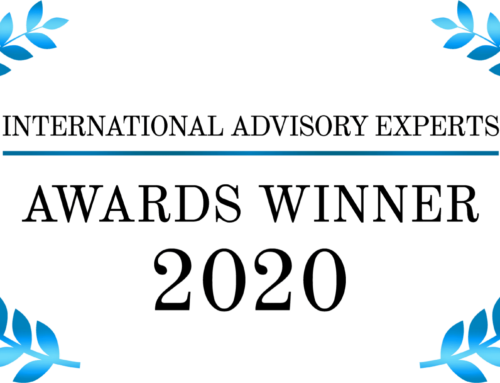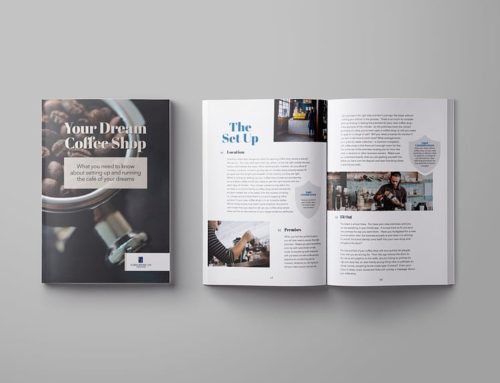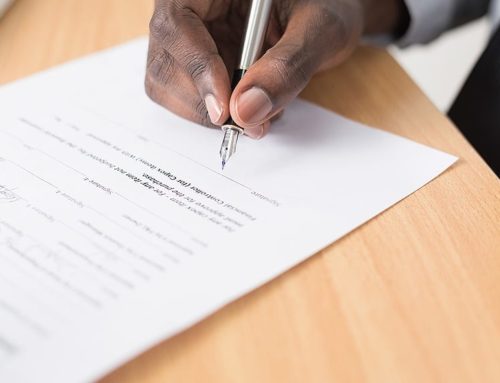 Hundreds of celebrities to include the star of the ‘Hunger Games’ Jennifer Lawrence, have had personal pictures, some of a very personal nature published on a website forum. It was initially thought that around 100 celebrities were involved, but that figure has since risen to over 400.
Hundreds of celebrities to include the star of the ‘Hunger Games’ Jennifer Lawrence, have had personal pictures, some of a very personal nature published on a website forum. It was initially thought that around 100 celebrities were involved, but that figure has since risen to over 400.
The celebrities were targeted by a computer hacker who claimed to have explicit photos of them. The photos were then published on line on the www.4chan.org website. This site is ‘a simple image-based bulletin board where anyone can post comments and share images’. Initially the photos were put on the site open for all to see. After a short period of time the publisher then stated that further photos would be put up if money and bit coin donations were made.
Where did the release of these photos actually occur?. Initially, investigations claimed that there was a breach of the Apple Air facility (where information is stored in the cloud). This is strenuously denied by Apple, who are carrying out their own investigations into the matter. If the breach came directly from the Apple system, this could spell a potentially catastrophic outcome for the tech giant. It is now reported however, that the information was obtained directly from the personal computers of the relevant celebrities. This would mean that each individual celebrity would have clicked on a link which would have allowed direct access to their computers by the hackers, and would have left them completely vulnerable to images being removed directly from their computer.
The main issue here is not in fact the content of the photos. The two main issues surrounding this breach are (1) breach of privacy, and (2) breach of copyright.
(1) Privacy– It is not only in America where these accounts have been hacked, it is all over the world. This demonstrates both the best and worst things about the internet, it is of course the ‘world wide web’! While legislation is different in each country around the world, it is accepted that every individual is entitled to their privacy. While the photos which appeared online are explicit, each individual has a right to have their own privacy and take whatever photos they like. In Ireland the right to privacy was proved by Senator David Norris in the case of Norris v. Ireland, [Application no. 10581/83, Council of Europe: European Court of Human Rights, 26 October 1988]. In the USA, privacy (and especially that of their celebrities) is taken very seriously. The FBI is now leading the hunt for the hacker who stole the explicit photographs of Jennifer Lawrence and others. This is not the first time that the FBI has been involved in investigating the publication of private celebrity photos. In 2010, a major operation took place to track down the publicist of explicit photos of Scarlett Johansson and Mila Kunis, both high profile actresses. While it took a considerable time to locate the culprit, a Florida hacker was convicted of the crime and sentenced to a substantial 10 years in jail.
(2) Copyright– Do the celebrities own the copyright in the explicit photos? In Ireland, ‘Copyright is the legal term, which describes the rights given to authors/creators of certain categories of work’. The works must be original and must be created by the individual. Could the celebrities claim copyright in the photos? They can if they have taken the photos. The issue here is that some of the photos were in fact not taken by the celebrity but another third party. This would vest the copyright ownership of the relevant photo in the party who took it. In any event, alleging copyright infringement would be an option in any attempt to remove the photos as it would provide a legal right to enforce against infringing third parties.
It is essential for everyone to protect their own information whether explicit or not. The less information an individual puts online, the less likelihood there is that it will be released into the public sphere. While life is now surrounded and run by technology, it is important for everyone to remember that personal information is just that…personal. It should be kept secure and safe at all times…if you do not want the world to hear about it or see it….do not put it online.
William Clarke is a partner in Clarke Jeffers Solicitors, and a specialist in Internet Law.
Clarke Jeffers ©2014
This article is intended to provide a general overview and commentary on a particular topic. It is provided wholly without liability or responsibility on the part of Clarke Jeffers and does not replace the necessity to obtain specific legal advice.






